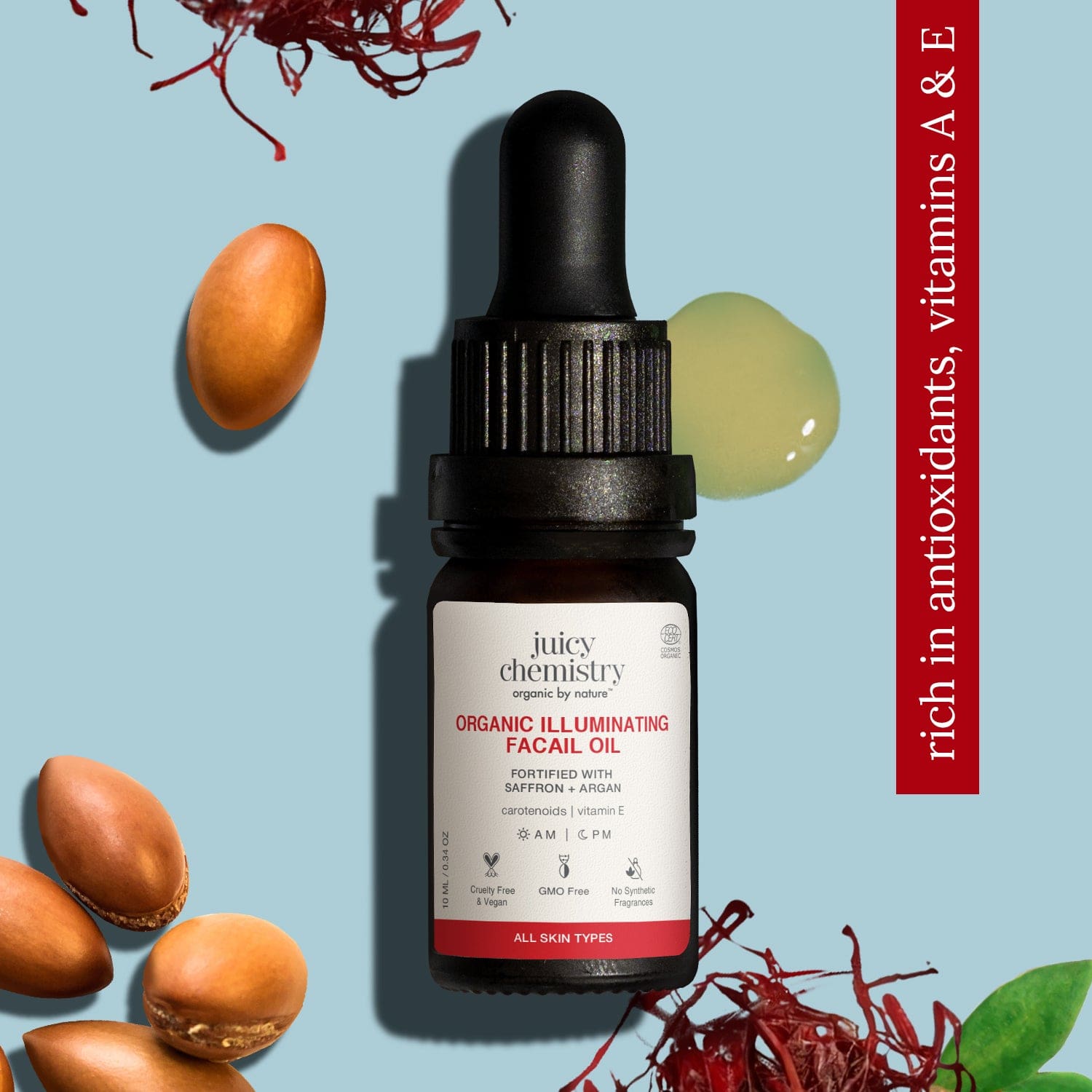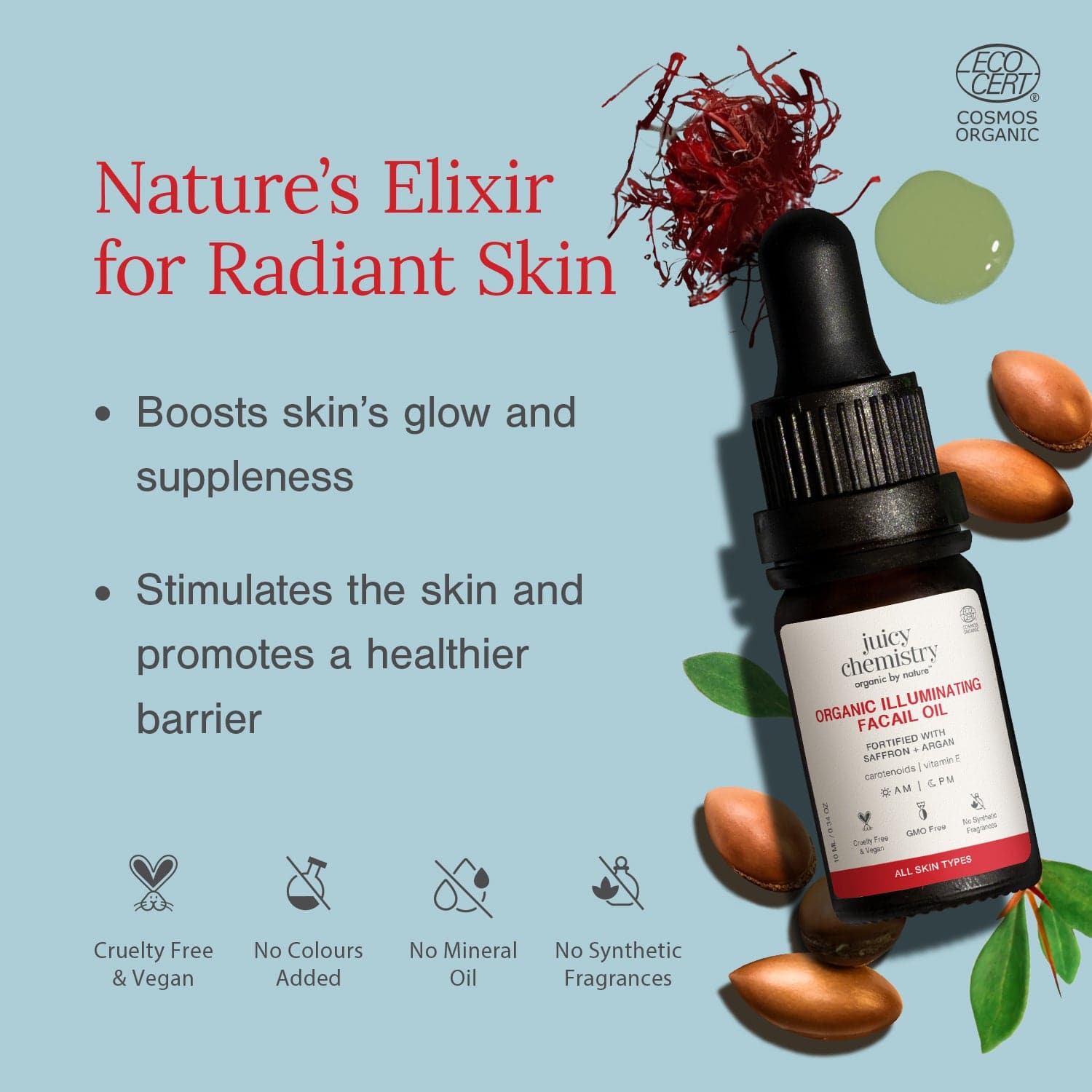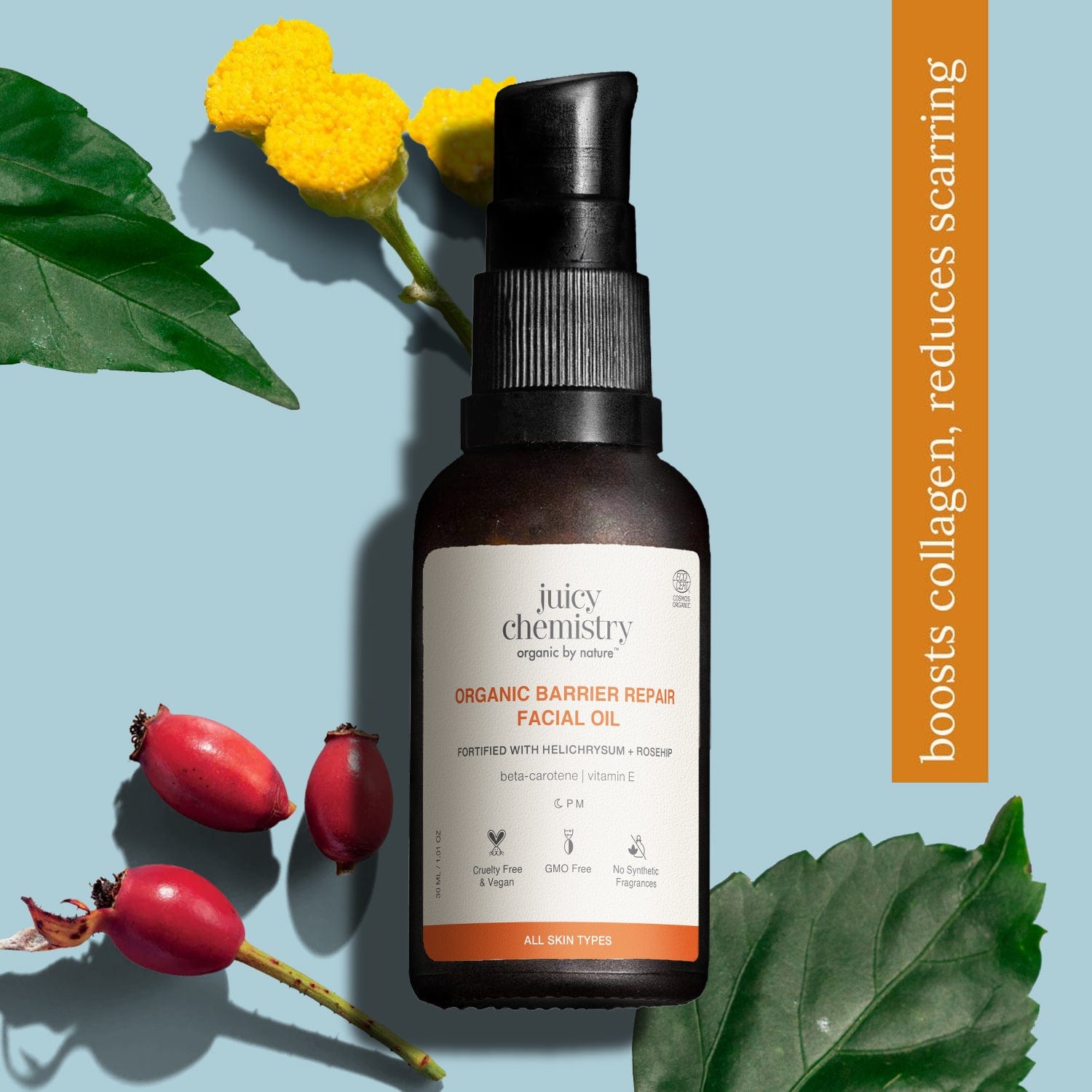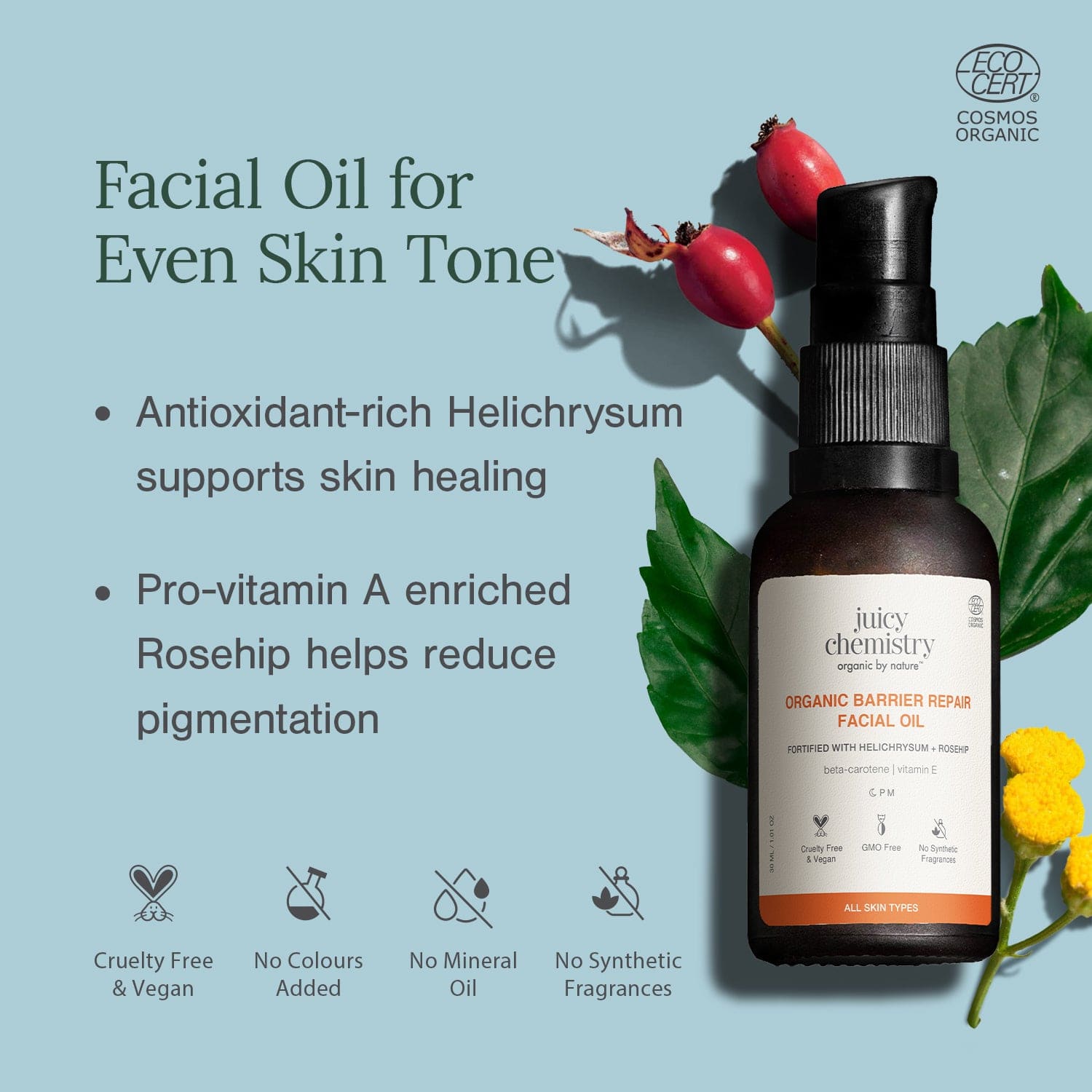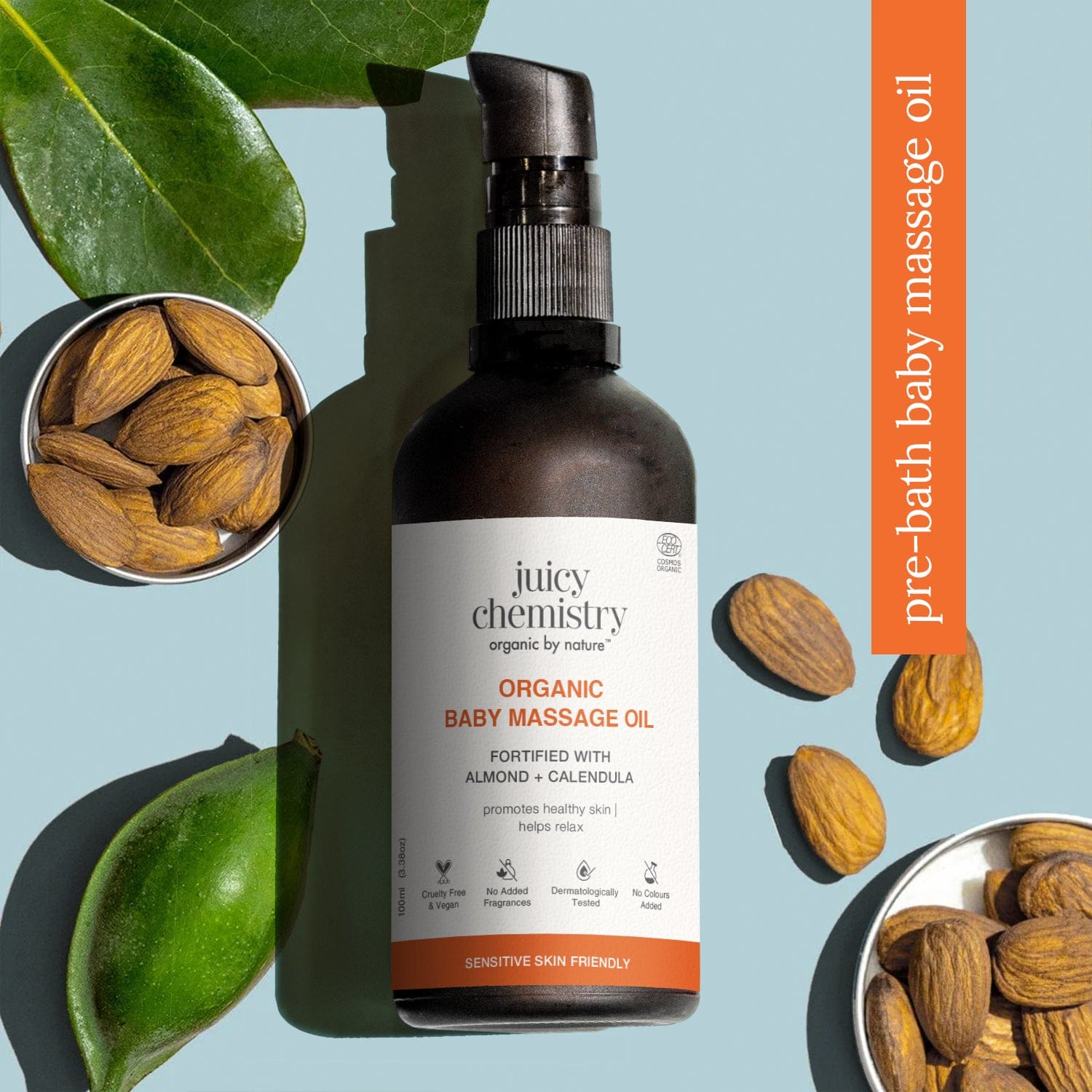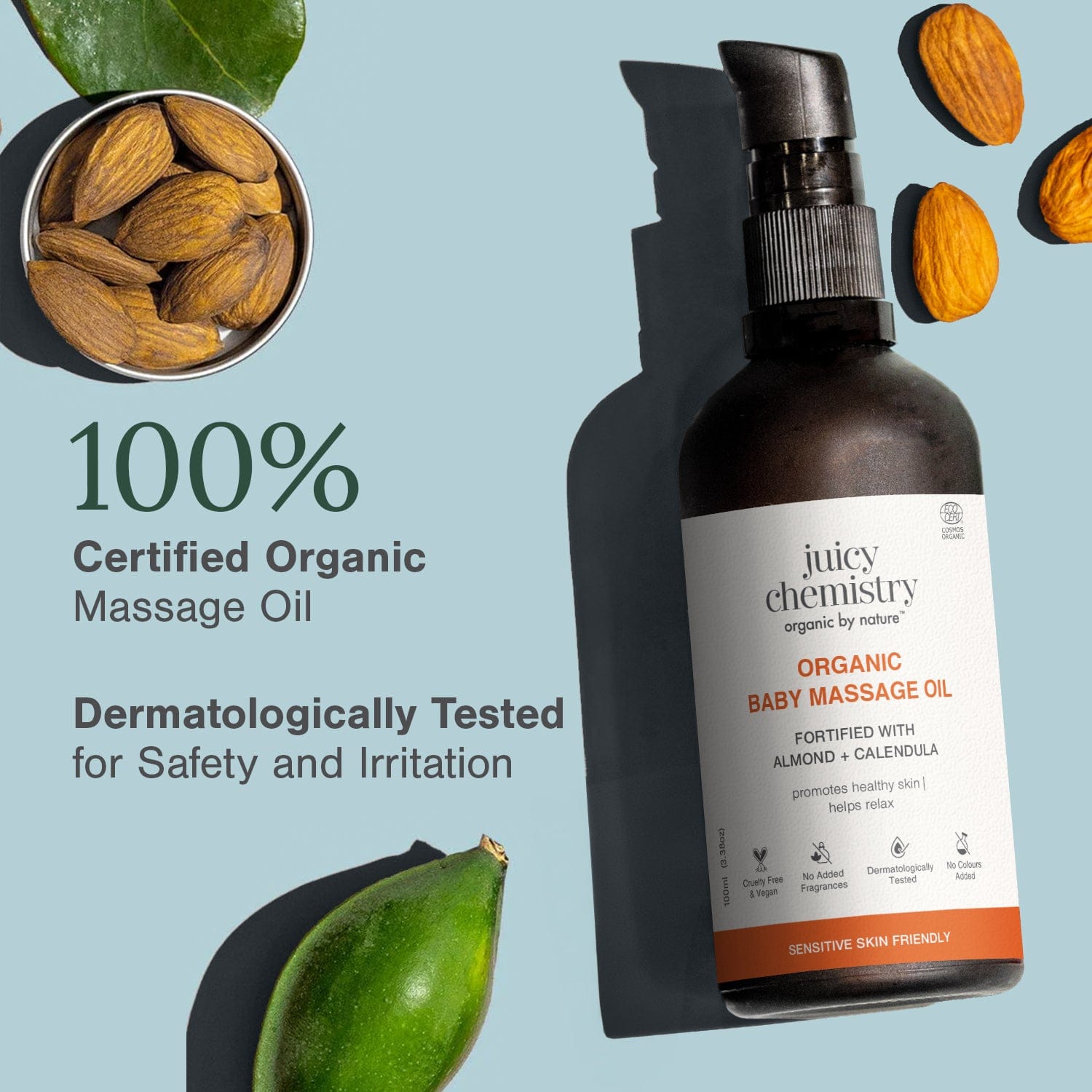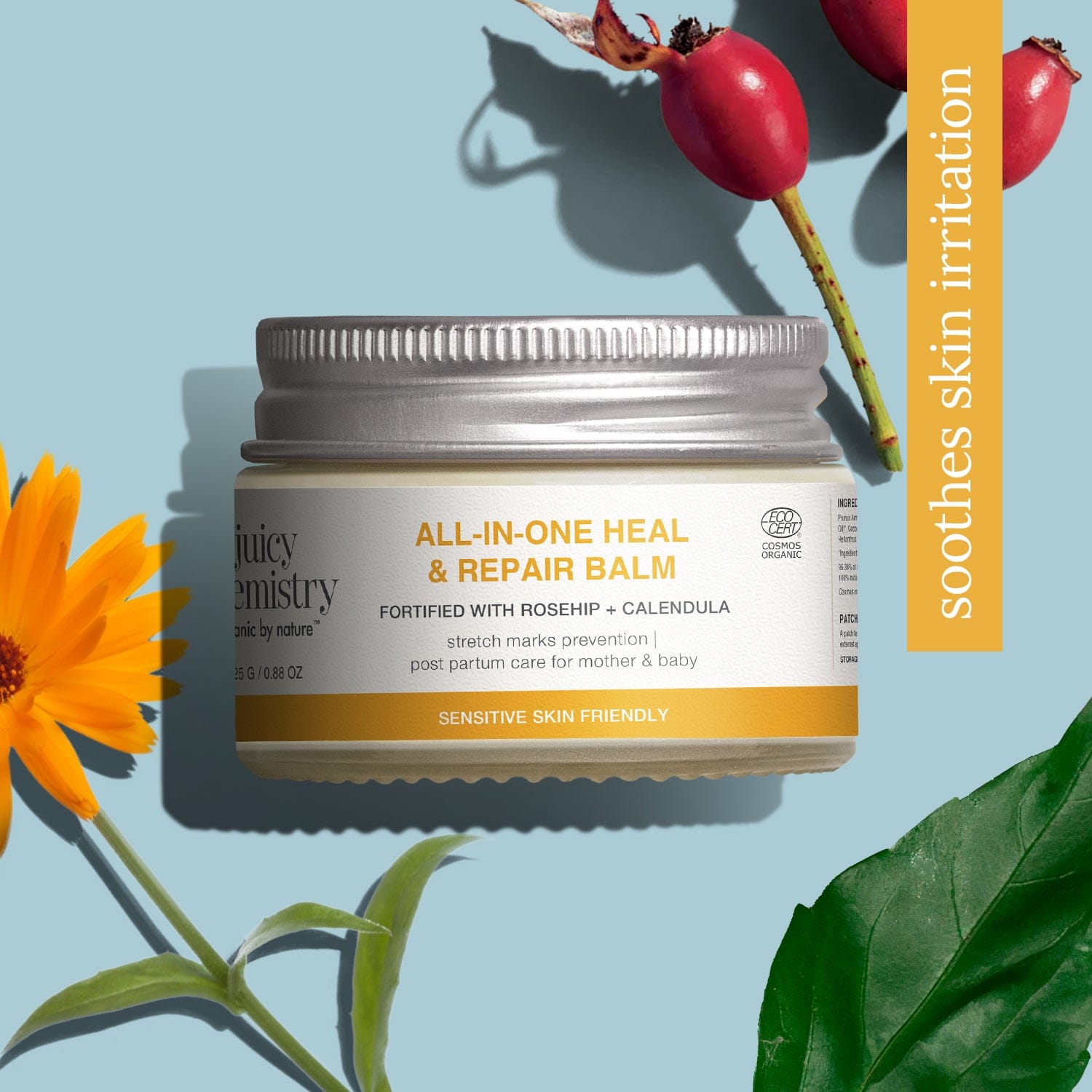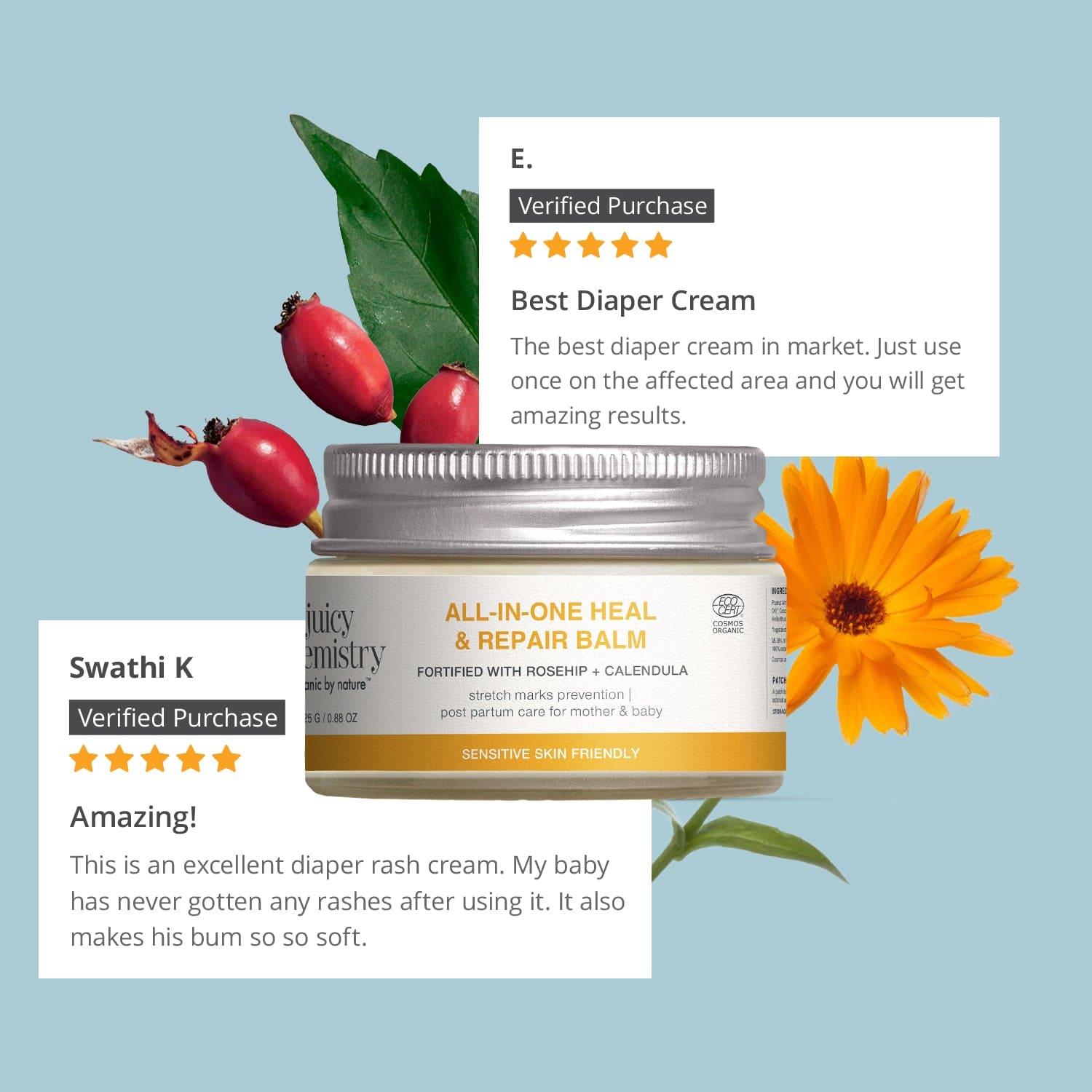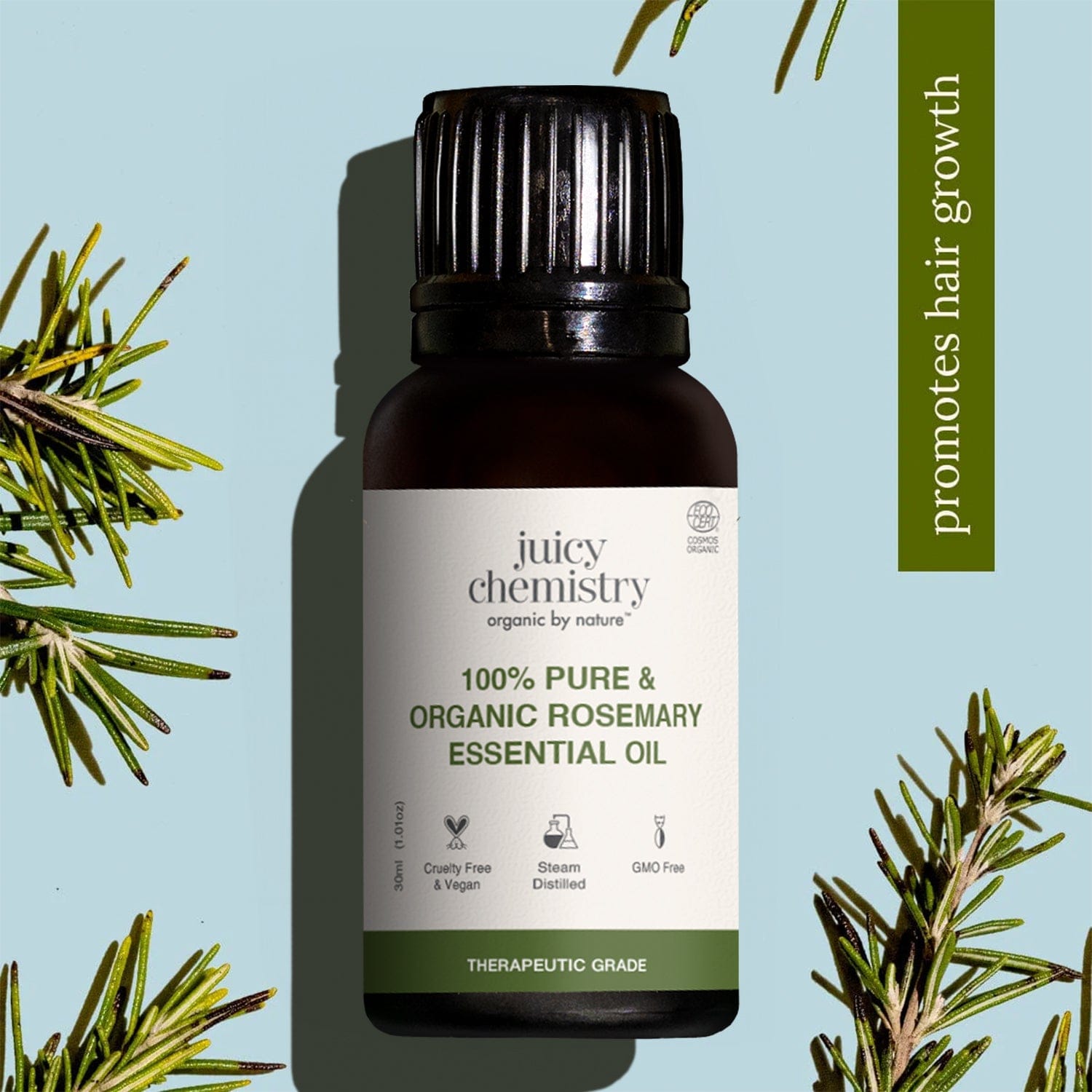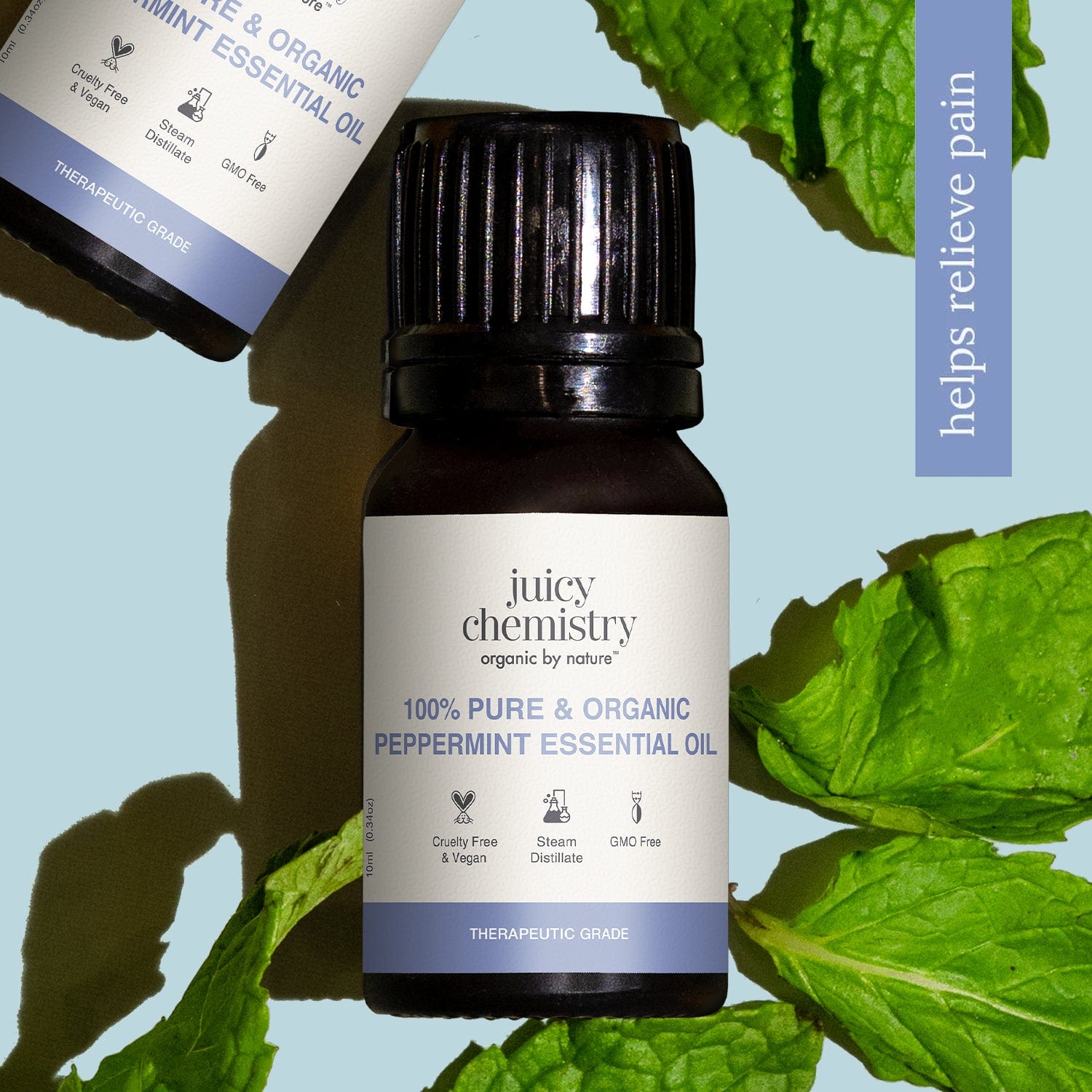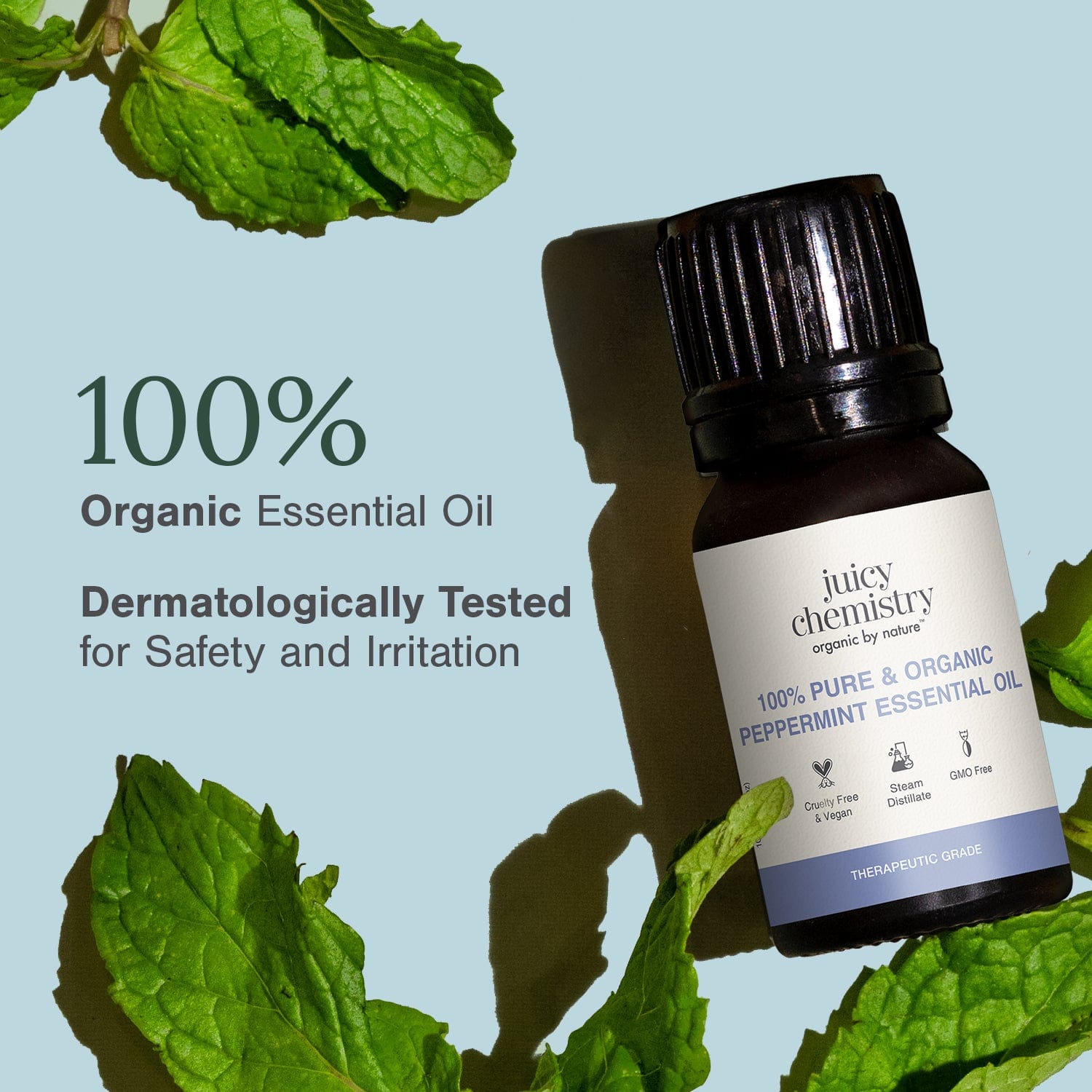Ultimate Monsoon Skin Care Routine For Healthy And Flawless Skin
August 05, 2022The condition of our skin is affected by numerous factors, such as genetics, lifestyle choices, and even the weather conditions in our area. While the rainy season provides a break from the intense summer heat, it also raises the humidity levels in the atmosphere. This seasonal shift has a considerable effect on our skin’s appearance and function for several months. Let’s delve into the various skin concerns that emerge during the monsoon and learn how to establish a natural skincare routine to tackle them.
How Does Monsoon Weather Impact Various Skin Types?
-
Normal to Dry Skin
People with normal or dry skin may observe a slight uptick in sebum production during this time. However, excessive cleansing or exfoliation can result in dehydration and irritation of the skin.
-
Oily to Combination Skin
Those with oily or combination skin often produce even more oil in humid conditions, making them more prone to breakouts.
-
Sensitive Skin
Sensitive skin is more vulnerable to developing rashes and insect bites during this season.
Ideal Organic Skincare Routine for Your Skin Type This Monsoon
Step 1 - Cleansing
- Normal to Dry Skin - In the morning, use a gentle face wash. At night, apply a cleansing balm to thoroughly remove sunscreen and makeup.
- Oily to Combination Skin - Perform a double cleanse twice a day to eliminate buildup on your skin. Use organic rosehip oil to break down makeup, sunscreen, and excess oil on your face. Wipe it away with a soft, damp cloth, and follow up with an antibacterial foaming cleanser.
- Sensitive Skin - In the morning, cleanse your face with Bulgarian rose water using a cotton pad. At night, massage cold-pressed hemp seed oil onto your skin to dissolve makeup and sunscreen, then wipe it off with a soft, damp cloth. Conclude with a fragrance-free cleanser.
Step 2 - Toning
Mist your skin with natural flower water to help maintain a balanced pH level.
Step 3 - Exfoliating
Once a week, utilize a gentle face scrub to keep your pores clear and your skin feeling soft and smooth.
Step 4 - Face Mask
Apply a brightening face mask 1-2 times a week to achieve a more even-toned and radiant complexion.
Step 5 - Treatment
In the morning, use a natural vitamin C serum to combat dullness and reduce dark spots. At night, apply a natural BHA serum to prevent clogged pores and manage breakouts.
Step 6 - Moisturizing
- Normal to Dry Skin - During the day, apply cold-pressed rosehip oil to keep your skin hydrated, and at night, use an organic facial oil for added moisture.
- Oily to Combination Skin - Use organic aloe vera gel to maintain hydration throughout the day.
- Sensitive Skin - Apply cold-pressed rosehip oil both day and night to sustain moisture levels.
Step 7 - Sun Care
Even on overcast days, apply broad-spectrum sunscreen to your skin during the daytime. Choose a lightweight or nourishing formula that is suitable for your skin type.
Skincare Tips and Do’s and Don’ts for This Monsoon
Do’s -
- Cleanse your skin twice daily to remove excess oil.
- Exfoliate weekly to prevent clogged pores and acne.
- Regularly change your pillowcases and sanitize your phone screen daily to avoid breakouts.
- Wash your hands before touching your face.
Don’ts -
- Avoid over-cleansing, scrubbing, or using clay masks, as this can trigger oil production in oily skin and lead to dehydration in dry skin.
- Refrain from picking or squeezing pimples, as this can cause scarring.
- Do not scratch insect bites, as this can irritate your skin barrier. Instead, use aloe vera gel to soothe bites and keep your nails trimmed to resist the urge to scratch.
- Never skip sunscreen, as ultraviolet rays can still penetrate through clouds.
Recommended Juicy Chemistry Organic Skincare Products to Purchase This Monsoon
-
Hemp, Tea Tree and Neem Face Wash is crafted with saponified plant oils that gently cleanse, control breakouts, and purify your skin.
-
Aloe Vera Gel is made with organic aloe vera juice. It provides lightweight, non-greasy hydration that lasts throughout the day.
-
Vitamin C Brightening Serum contains kakadu plum cellular extract, which is a naturally rich source of vitamin C. It combats dullness and promotes a more uniform skin tone.
-
BHA Clarifying Serum features willow bark cellular extract, which is high in salicin, a compound that helps reduce acne and soothe inflammation.
[ View this post on Instagram](//about:blank/14)
Summary
During the monsoon season, your skin encounters various challenges. Oily and combination skin types often appear greasier, while sensitive and dry skin may experience heightened irritation.
Implementing an organic skincare routine that caters to your skin's changing needs during this period can lead to clearer, more hydrated skin and support a strong barrier function.
Frequently Asked Questions
-
Is BHA serum suitable for dry skin?
Absolutely. Dry skin can also become congested and develop blemishes. Our BHA Clarifying Serum is designed for all skin types and can effectively manage breakouts.
-
What can I do to reduce oiliness on my face?
Following an organic skincare routine specifically for oily skin twice daily can help minimize excess oil production. Additionally, applying a natural dusting powder at the end of your regimen can help absorb surplus sebum.

